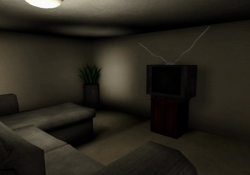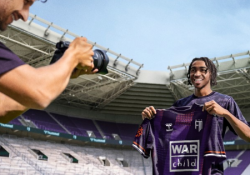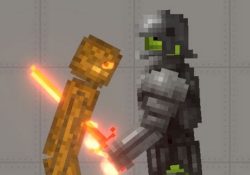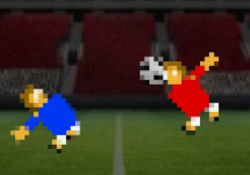Bodycam is a multiplayer first-person shooter that stands out for its distinctive use of a simulated body camera perspective. Unlike traditional shooters, this game focuses heavily on realism through visuals, movement, and audio design. Players are placed into matches that simulate law enforcement or combat footage, with jittery camera motion, distorted lenses, and natural lighting contributing to a raw and disorienting experience. The game avoids flashy HUD elements, keeping the screen as close as possible to what a physical camera might capture, which makes every encounter feel tense and grounded.
Game Structure And Objectives
Players join team-based matches or solo rounds across multiple maps that vary in layout and lighting. The goal differs depending on the mode—some emphasize elimination, while others revolve around bomb defusal or objective-based play. Every match is shaped by how players choose to move, listen, and react. The body camera view means limited visibility and unstable aiming, encouraging caution over aggressive tactics. Situations that might be handled casually in other games require more coordination and patience here, especially with audio cues playing a major role in tracking enemies.
Key Mechanics That Shape Gameplay
- Real-time weapon handling and slow, deliberate reloading
- Restricted player movement with natural body lean and sway
- Maps designed for cover, stealth, and flanking
- Game modes including Team Deathmatch, Body Bomb, and Zombie Survival
- Minimal interface for maximum immersion
These design choices force players to rely on communication and awareness, pushing strategy to the forefront.
Visual Design And Immersion
A major part of the Bodycam experience comes from how the camera reacts to movement. The way the image bends, shakes, and blurs mimics the physical instability of a chest-mounted lens. This extends to combat, where sudden flashes, gunfire, and lighting changes can overwhelm the senses. This presentation adds a level of psychological pressure uncommon in mainstream shooters, with many describing the tension as closer to survival horror than action gameplay.
Player Response And Future Development
Since its early access release, Bodycam has built a dedicated audience drawn to its realistic presentation and slower-paced gameplay. Though some critics point out the limited number of maps and occasional performance bugs, the developers have outlined plans for regular content updates. These include new game modes, expanded customization options, and refined controller support. Community feedback has played a key role in shaping improvements, and the game continues to evolve as more players join in. With its unique focus on body camera immersion, Bodycam offers an FPS experience unlike anything else currently on the market.





























